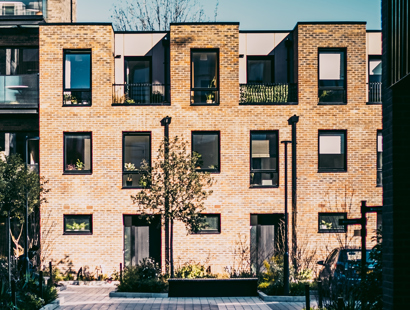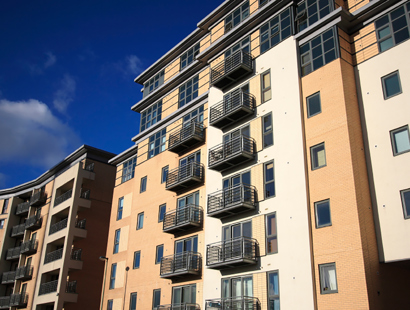Tax implications for 999 year lease extensions
It is not uncommon for leaseholders of flats to join together to purchase the freehold of their building and therefore acquire a share in the freehold.
Whilst the examples below are not exhaustive, there are many reasons for doing this such as:
- you and your fellow leaseholders want to take over the management of the building because you are not happy with how your freeholder carries out those functions
- you have seen the negative press about leasehold as a form of ownership and you want to make your flat more attractive to potential buyers. A share in the freehold could increase the interest in your flat when it comes to selling
However, even if you have a share in the freehold you will still need to think about extending your lease as it is an interest in its own right and a diminishing asset. One of the key advantages of having a share in the freehold is the possibility of granting each participating leaseholder a 999 year lease. Where there are more than four individuals joining in with the purchase, you should form a company in which to purchase the freehold. The company can then grant the leases. This should be done shortly after the freehold purchase has completed.
Before the company decides to carry out the lease extensions, it will need to ensure that the liabilities particularly in respect of Capital Gains Tax (CGT) and Stamp Duty Land Tax (SDLT) are considered, otherwise the company and its leaseholders could be facing a hefty tax bill.
The crucial question that must be asked is how is the freehold asset held? Is it held as an asset of the company or is it held on trust for the leaseholders of the building?
If the freehold is held as an asset of the company then it is highly likely that there will be SDLT implications, so it is essential to ensure that the freehold is held by the company on trust for the leaseholders.
How do you ensure that the freehold asset is held on trust for the leaseholders?
A deed of trust is a useful instrument that can be used to clearly determine the tax position. This instrument is usually drafted with the participation agreement and will state that the freehold asset is held on trust for the leaseholders of the company.
In the absence of an express deed of trust, the company’s accounts can be looked into and if the freehold building is not shown to be an asset of the company, this could be used as evidence of an implied trust.
Additionally, if a shareholder’s resolution was entered into to state the company’s intention to carry out the lease extensions, this could be another way to show that an implied trust was created.
If the company is unable to show that the freehold asset is held on trust for the leaseholders then SDLT will be payable on the value of the lease extension, whether or not money has changed hands for it.
Lease extensions and Capital Gains Tax
Lease extensions are treated as disposals under the Capital Gains Tax regime.
If the company grants a lease extension back to the leaseholder long after the building was purchased, the value of the lease extension could now significantly differ to the cost put in at the time of purchasing the freehold. It could be interpreted that the company has made a disposal of something of value and could face a CGT liability. It is unlikely that the company will be able to pay the CGT liability and will look to the leaseholders to pay this.
It is therefore imperative that the lease extensions are done as soon as possible after the purchase of the freehold and a deed of trust is entered into. This is so that the leaseholders do not run the risk of having to pay for the company’s CGT liability as they will be the beneficiaries of the trust.
Expert advice should always be taken as to your tax status. For further advice you will need to consult a professional tax advisor.
Our dedicated enfranchisement team can advise on the legal implications of extending your lease either individually or collectively.
Get in touch
If you would like to speak with a member of the team you can contact our property law solicitors by email, by telephone on +44 (0)20 3826 5010 or complete our enquiry form.




